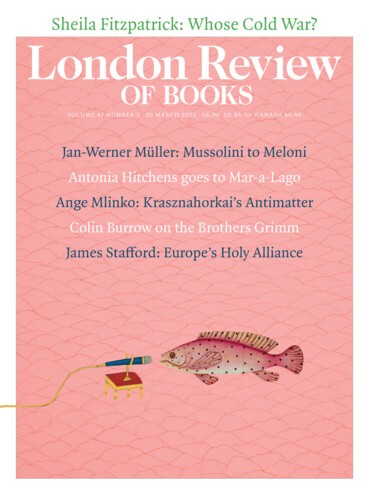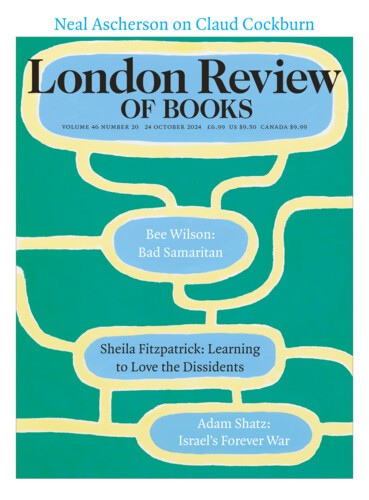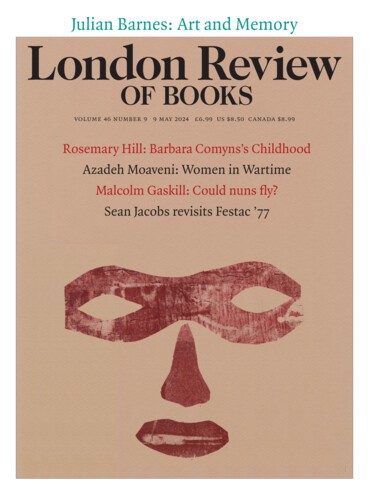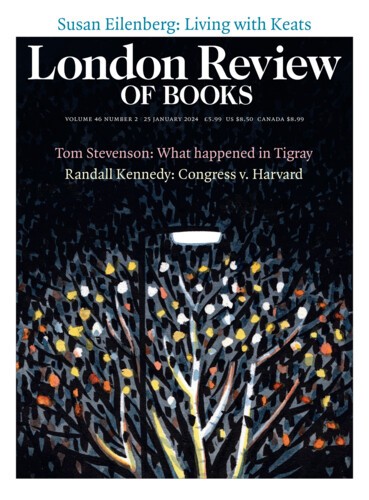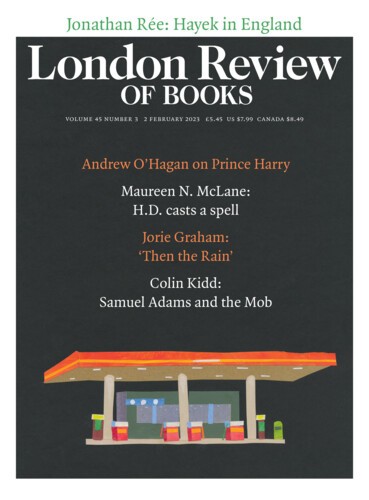Not Corrupt Enough: Whose Cold War?
Sheila Fitzpatrick, 20 March 2025
‘The Kremlin’s Cold War Bid for Global Power.’ The subtitle of Sergey Radchenko’s book makes it sound like an aspirant bestseller from the height of America’s Red Scare. But don’t be misled by the spin or put off by the fact that you may already have a dozen books on the Cold War on your shelves. Both Radchenko’s and Vladislav Zubok’s new books...
